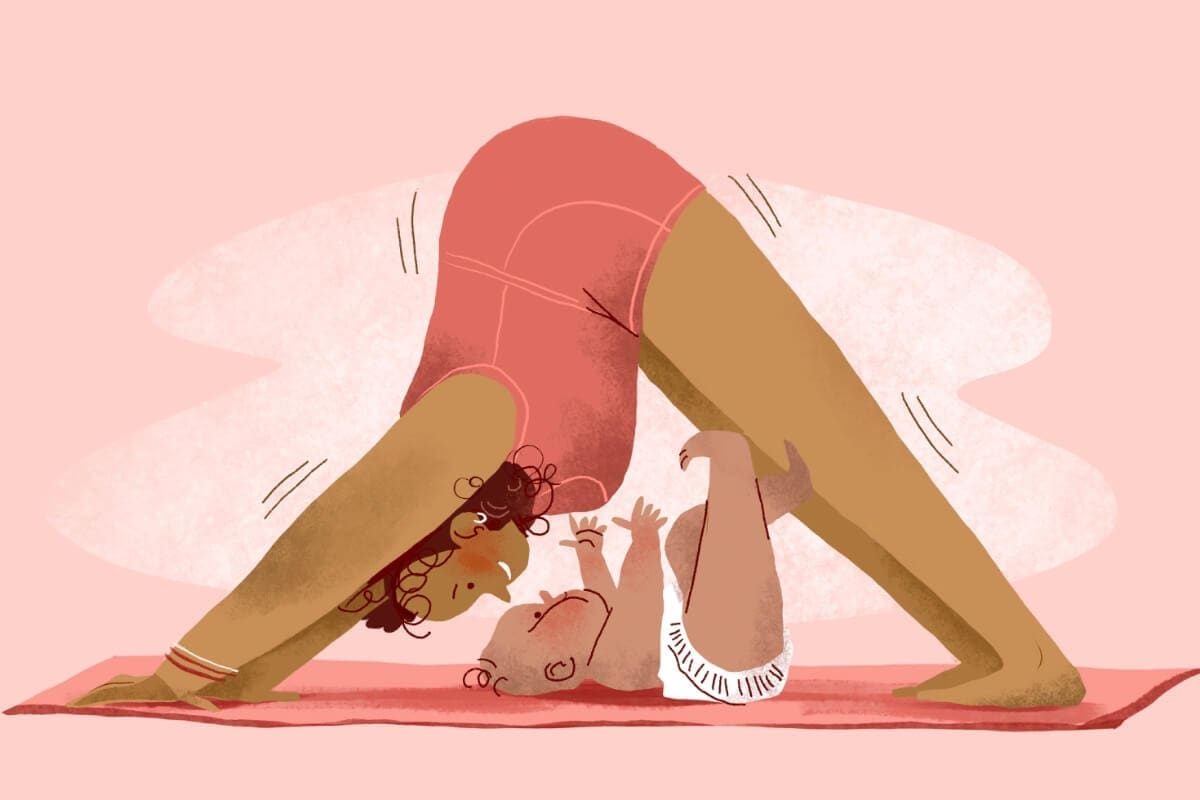
A beta blocker is a prescription medicine used to treat heart problems and high blood pressure. This kind of medicine blocks the harmful effects of your body’s stress hormones on your heart. (The stress hormone is epinephrine, also known as adrenaline.) Beta blockers slow your heart rate and relieve pressure on your heart.
Types of beta blockers include:
- Acebutolol (Sectral)
- Atenolol (Tenormin)
- Betaxolol (Kerlone)
- Bisoprolol/hydrochlorothiazide (Ziac)
- Bisoprolol (Zebeta)
- Metoprolol (Lopressor, Toprol XL)
- Nadolol (Corgard)
- Propranolol (Inderal)
- Sotalol (Betapace)
Beta blockers also treat cardiac arrhythmias (abnormal heart rhythms), chest pain (angina), and congestive heart failure. They can reduce the risk of future heart attacks for people who have had one. Some people who have severe heart failure may not be able to take beta blockers. Other uses of the medicine include treatment of migraine headaches, certain types of tremors, stage fright, and glaucoma.
Path to improved health
You should take beta blockers exactly as your doctor tells you. Beta blockers often are taken 1 to 2 times a day. Try to take the medicine at the same time each day. Do not stop taking beta blockers without talking to your doctor first. If you missed a dose and realize it a few hours later, take the medicine right away. If it has been more than 4 to 6 hours, do not take the dose you missed. Instead, wait to take the next scheduled dose. Never take a double dose to catch up.
People who have certain health conditions need to be careful taking beta blockers. If you have diabetes, the medicine can hide warning signs of low blood sugar. For example, your heart rate may not increase normally in response to a low blood sugar level. You will need to check your blood sugar levels carefully when taking a beta blocker. Talk to your doctor if you often have low blood sugar. He or she may want to change the dosage of your diabetes medicine.
Beta blockers can be a problem for people who have asthma. They can cause asthma attacks. Work with your doctor to monitor your asthma and prevent attacks.
People who have a chronic lung disease, such as bronchitis, emphysema, or both diseases together, known as chronic obstructive pulmonary disease (COPD), can take beta blockers. However, you should call your doctor right away if you start having breathing problems.
Beta blockers may interact with other medicines. This includes over-the-counter medicines and prescriptions. The interaction can cause severe health problems. Tell your doctor about all medicines that you take. Check with your doctor before starting any new medicine.
Beta blockers: Things to consider
Most people who take beta blockers do well and have no side effects. Since beta blockers slow your heart, you may feel more tired. Exercise may seem harder than before. For example, you may get out of breath when you take a walk or climb stairs. Make sure you don’t overdo it with exercise. Use a device to measure your heartrate. Some people can have a loss of sex drive when taking beta blockers. Men can have trouble with erections while on the medicine. Talk to your doctor if you have these problems.
Beta blockers may make you feel dizzy or lightheaded. When you first start taking them, do not drive a car or operate machines. You can resume these once you know how the medicine affects you. The dizziness often goes away after you have taken the medicine for a few days.
Some people may have to take combined alpha and beta-blockers to treat high blood pressure and heart failure. These often include:
- Carvedilol (Coreg, Coreg CR)
- Labetalol hydrochloride (Normodyne, Trandate)
A possible side effect of combined alpha and beta-blockers includes a drop in blood pressure when you stand up.
When to see your doctor
Call your doctor or get help right away if you:
- Are dizzy for more than a few days.
- Have trouble breathing.
- Have chest pain.
- Retain fluid and have swelling in your hands, feet, or legs.
- Have a slow heartbeat (less than 50 beats per minute).
- Gain weight for no known reason.
Questions to ask your doctor
- What health conditions prevent me from taking beta blockers?
- How long do I have to take beta blockers?
- How much can I exercise while I am taking beta blockers?
- Do beta blockers affect my diet?
![]()
Copyright © American Academy of Family Physicians
This information provides a general overview and may not apply to everyone. Talk to your family doctor to find out if this information applies to you and to get more information on this subject.










